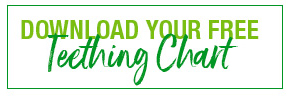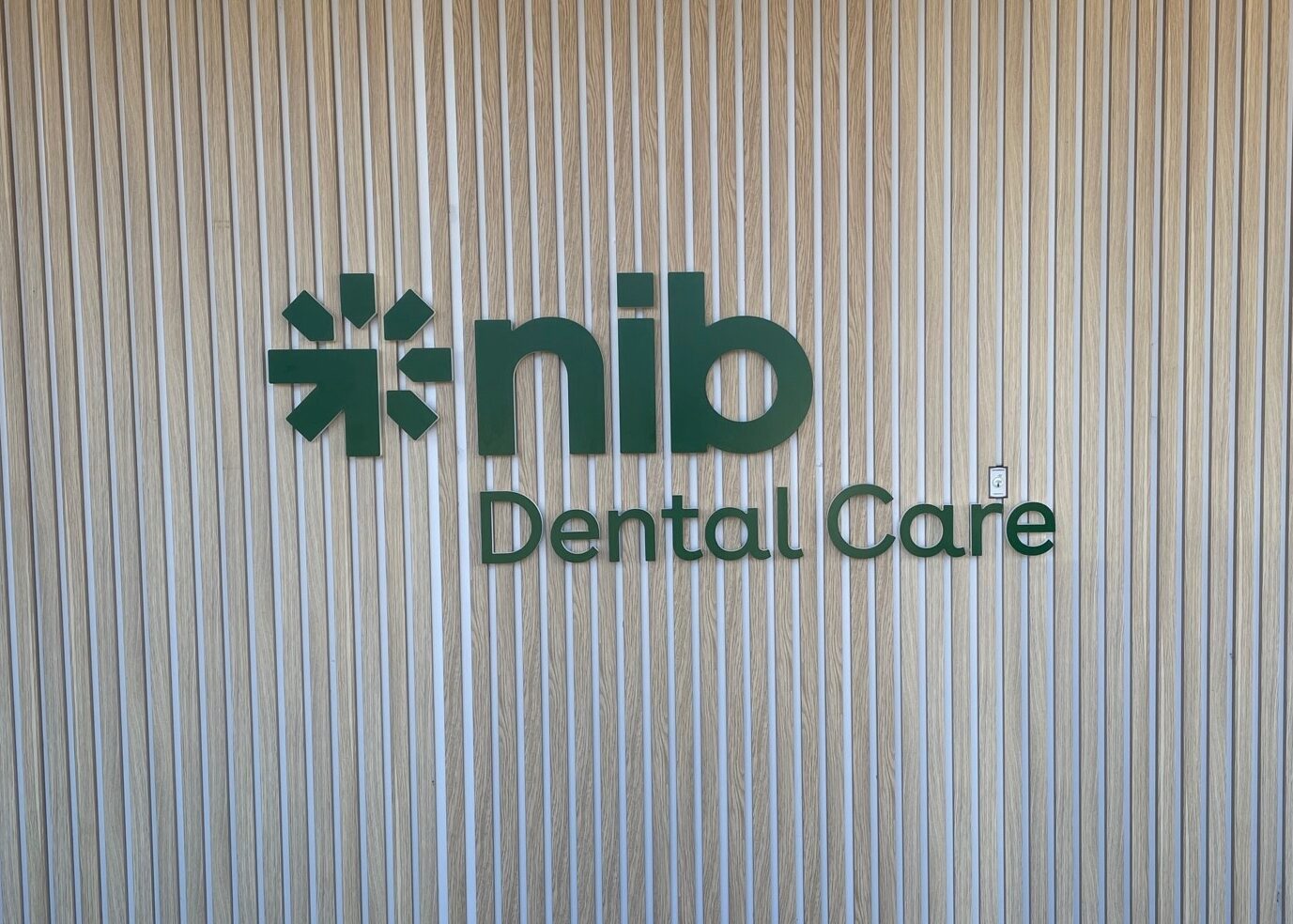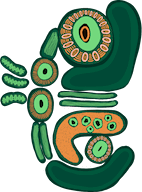Forget expensive night creams and lotions, the answer to a more youthful appearance might just lay with a visit to your dentist.
There are a plethora of products out there for every skin and beauty concern, so it comes as no surprise that the anti-ageing market is big business. Whether it’s reducing lines and wrinkles, smoothing skin, plumping lips or ironing out crows feet, Australia has now surpassed America as the country with the most cosmetic procedures per capita[1].
But it may come as a surprise that it’s not just your skin that has an impact on how youthful you appear.
Psychologists have recently found that other people will under-estimate your age when you smile[2] and that in turn, smiling does in fact make people happier[3] .
So perhaps the fountain of youth is hiding in plain sight.
Your teeth support the lower third of your face, so dental issues such as tooth wear, tooth decay, discolouration or gum disease (from a lifetime of chewing, clenching, grinding, and not-so-healthy nutritional choices or social habits such as smoking) can mean this support structure begins to be impacted.
The more tooth surface that is lost, the less you show when you smile, resulting in a prematurely aged appearance. Besides the physical symptoms of damaged or worn teeth such as sensitivity or pain, the social and psychological impact of not being able to smile with confidence or enjoy food and drinks as you might once have, can have a greater impact on your wellbeing. Something that creams and potions can’t fix.
So while injectable clinics and beauty counters may get all the attention when it comes to anti-ageing, there is one beauty expert you may not have considered – your dentist.
Your dentist can provide you with a range of tailored options to suit your lifestyle, budget and goals to help reverse the damage caused by a lifetime of using your teeth.
Some of these options include regular cleaning and polishing, teeth whitening and replacing old worn-down fillings to rejuvenate the smile, to more advanced dentistry such as ceramic crowns, veneers, bridges, implants and dentures that can all help replace or strengthen broken down or missing teeth.
Advances in technology and orthodontics also means that your options for orthodontic care are now greater. Invisalign aligners can help you to straighten your smile without traditional metal braces by using a clear aligner system – a discreet way to gently move your teeth in to your desired location for a straighter smile.
But of course, no matter your age, the most important thing for your teeth and gums is for them to be healthy, which is why checking in with your dentist twice a year is essential. At your check-up, your dentist will be able to address any concerns you may have regarding the appearance of your teeth as well as detect any issues that may lead to problems down the track.
Book an appointment with your nib Dental Care dentist today.
[2]Psychol Aging. 2012 Jun;27(2):265-77. doi: 10.1037/a0025065. Epub 2011 Sep 5.
Let me guess how old you are: effects of age, gender, and facial expression on perceptions of age.Voelkle MC1, Ebner NC, Lindenberger U, Riediger M.
[3] Nicholas A. Coles, Jeff T. Larsen, Heather C. Lench. A meta-analysis of the facial feedback literature: Effects of facial feedback on emotional experience are small and variable.. Psychological Bulletin, 2019; DOI: 10.1037/bul0000194





